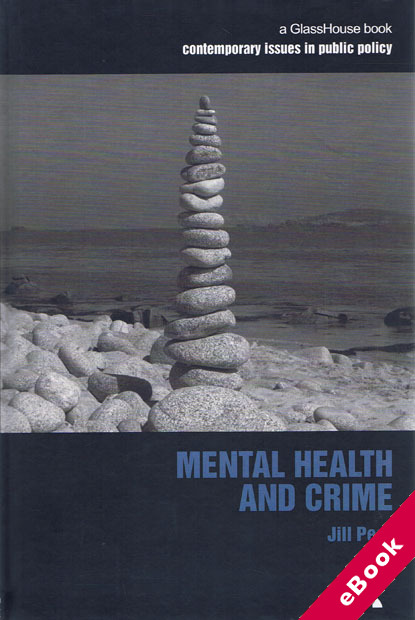We are now closed for the Christmas and New Year period, returning on Monday 5th January 2026. Orders placed during this time will be processed upon our return on 5th January.

The device(s) you use to access the eBook content must be authorized with an Adobe ID before you download the product otherwise it will fail to register correctly.
For further information see https://www.wildy.com/ebook-formats
Once the order is confirmed an automated e-mail will be sent to you to allow you to download the eBook.
All eBooks are supplied firm sale and cannot be returned. If you believe there is a fault with your eBook then contact us on ebooks@wildy.com and we will help in resolving the issue. This does not affect your statutory rights.
Does mental disorder cause crime? Does crime cause mental disorder? And if either of these could be proved to be true what consequences should stem for those who find themselves deemed mentally disordered offenders?
Mental Health and Crime examines the nature of the relationship between mental disorder and crime. It concludes that the broad definition of what is an all too common human condition – mental disorder – and the widespread occurrence of an equally all too common human behaviour – that of offending – would make unlikely any definitive or easy answer to such questions.
For those who offend in the context of mental disorder many aspects of the criminal justice process, and of the disposals that follow, are adapted to take account of a relationship between mental disorder and crime. But if the very relationship is questionable, is the way in which we deal with such offenders discriminatory? Or is it perhaps to their benefit to be thought of as less responsible for their offending than fully culpable offenders?
The book thus explores not only the nature of the relationship, but also the human rights and legal issues arising. It also looks at some of the permutations in the therapeutic process that can ensue when those with mental health problems are treated in the context of their offending behaviour.